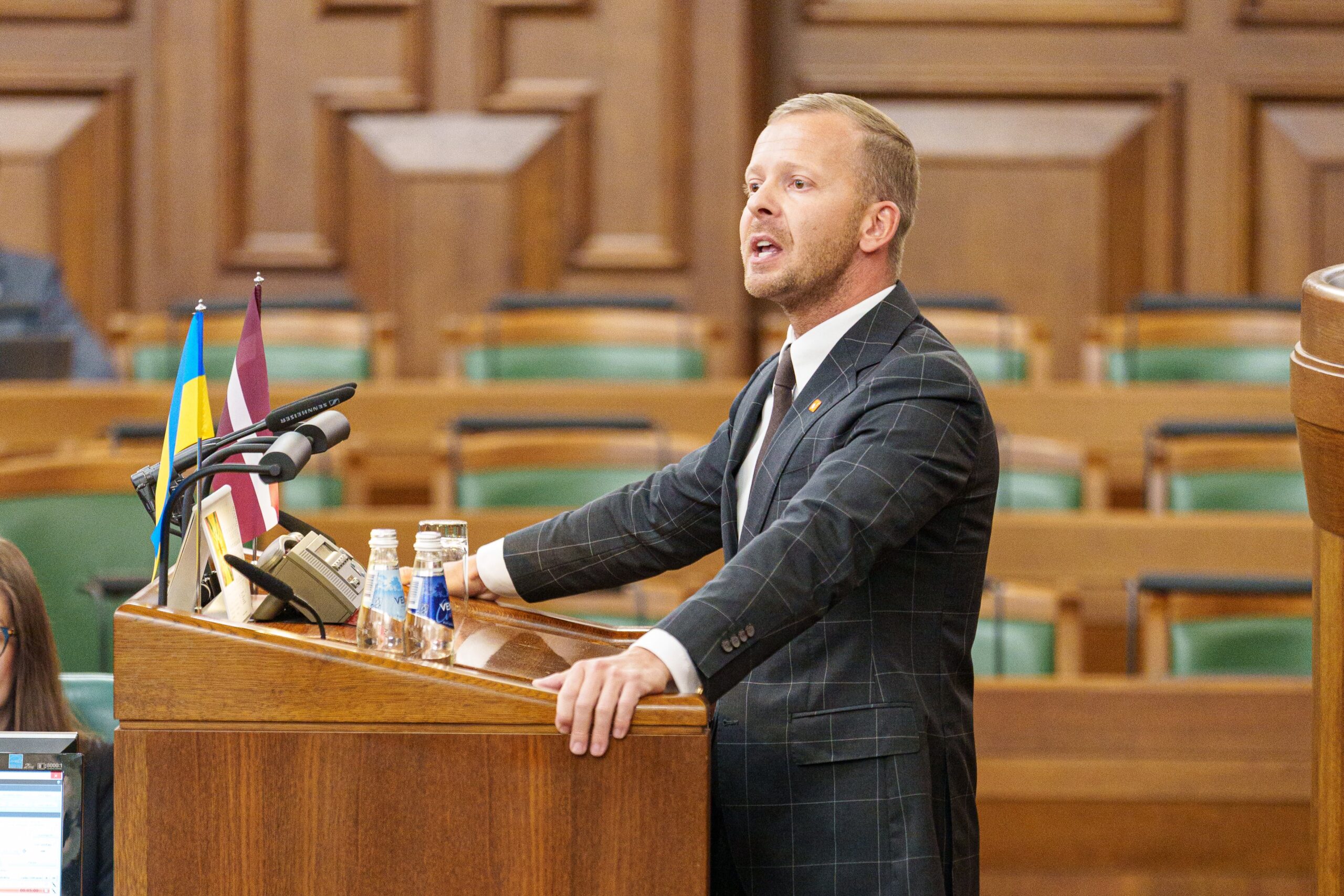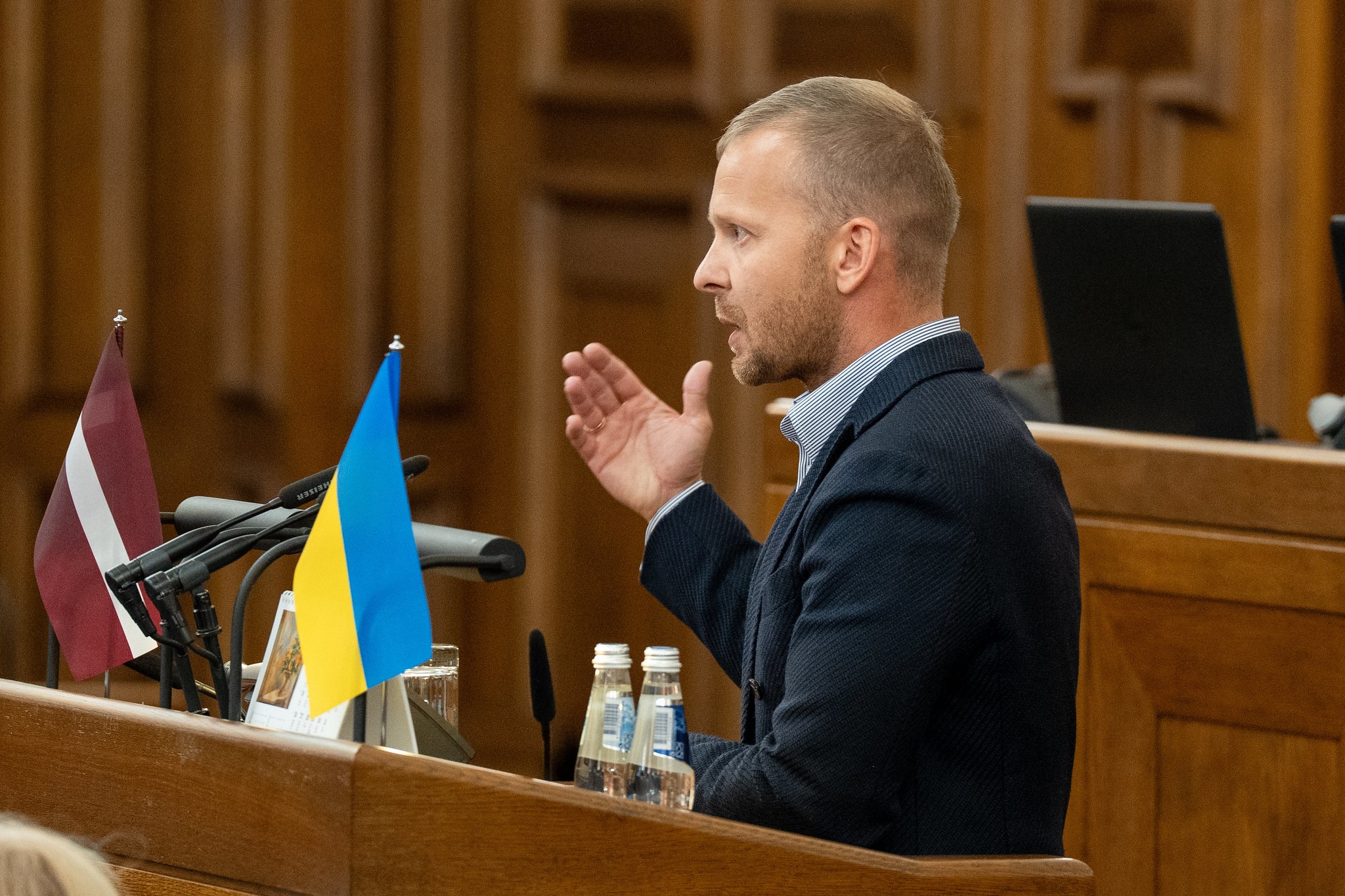Reports
Latvia Weekly: Ethnic Persecution Claims and Conspiratorial Rhetoric
The Antifascists of Pribaltics and Roslikovs’ Telegram channels amplified narratives of ethnic persecution, moral decline, and Western control to portray Latvia as hostile to Russian speakers. Together, they deepen societal divisions and exploit legal and political tensions to fuel populist and pro-Kremlin sentiment.
Read moreLatvia Monthly: Political Victimhood and Radical Messaging Fuel Tensions Between Communities
In June, Stability! party leader Aleksejs Roslikovs sparked controversy by declaring in Parliament, “There are more of us! We cannot be banned!” – a response to a nationalist proposal to restrict Russian language use. His remarks and viral social media posts were later amplified by pro-Kremlin media, highlighting how domestic tensions can fuel foreign propaganda.
Read moreLatvia Weekly: Russian Language Debate Fuels Radical Rhetoric
Aleksejs Roslikovs sparked major controversy with his parliamentary declaration "There are more of us! We cannot be banned!" in response to proposed Russian language restrictions, leading to criminal proceedings for allegedly assisting Russia and inciting hatred. Following incidents including a hanging his effigy and offensive football fan posters targeting him, Roslikovs has leveraged these threats to construct a comprehensive victimization narrative on social media, portraying himself as a persecuted defender of Russian speakers against what he characterizes as organized extremist persecution and broader conspiracies by Latvia's establishment.
Read moreEchoes from Kremlin: Narratives Fueling Division in Latvia
“Latvia is failing, the West is evil, Russians are victims.” These are not fringe opinions — they are the dominant narratives across Russian-language Facebook and Telegram channels targeting Latvia’s Russophone community. Despite the ban on Kremlin media, disinformation continues to thrive online, repackaging old Soviet tropes into emotionally charged, culturally resonant stories. A new report, “Echoes from the Kremlin,” reveals how four persistent narratives — Russophobia, Economic Hardships, the Failed State, and the Bad West — continue to shape perceptions and deepen divides. These aren't innovative strategies. They're effective because they exploit long-standing grievances and identity fractures, not because they’re new. The real threat isn’t the message itself — it’s the societal vulnerability that makes it stick.
Read moreShowing 1 to 4 of 118 results
Don't miss a story.
We publish stories that change laws, lives, minds and the world. Subscribe to our newsletter to get our investigations delivered to your inbox.



